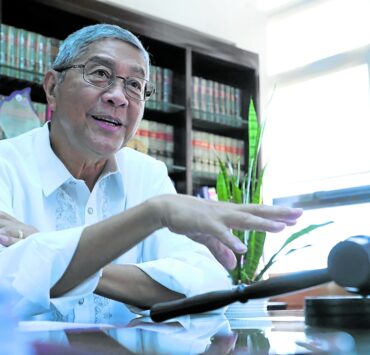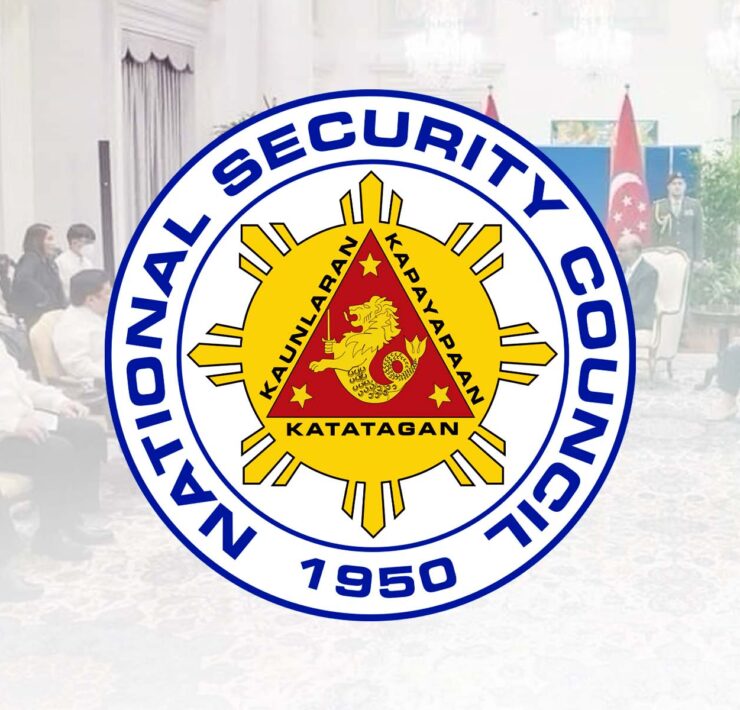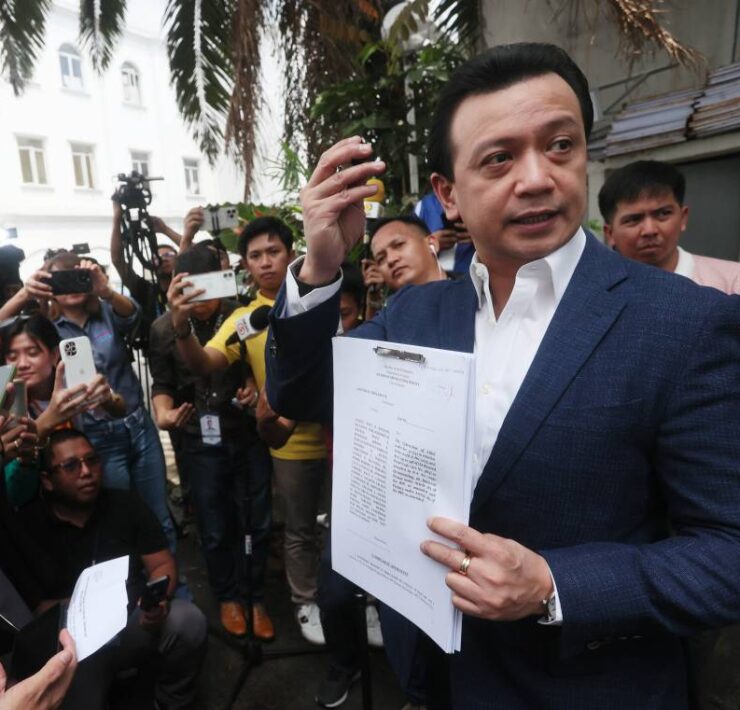More Filipinos in US face deportation

NEW YORK—Three Filipino nationals facing criminal charges in the United States have opted for voluntary departure and officials from the Philippine consulates in New York and San Francisco are closely monitoring their cases.
Voluntary departure, often referred to as self-deportation, is an avenue increasingly sought amid intensified immigration enforcement. It allows eligible migrants to leave the US at their own expense before a removal order is issued.
Recent cases include a 29-year-old Massachusetts resident with a prior rape conviction, another individual charged with terrorism-related offenses in Philadelphia and a Filipino at the Denver Contract Detention Facility—all now seeking or planning to return to the Philippines with consular support.
Stepped up scrutiny
The Filipino community has also recently grappled with a high-profile case. Mark Lorenzo Villanueva, a 28-year-old Filipino green-card holder in Los Angeles, was arrested last week by the FBI for allegedly sending money to self-identified ISIS fighters abroad.
As many immigrants have been increasingly caught up in enforcement actions, lawmakers are demanding answers. They have stepped up scrutiny of detention practices, demanding accountability from the Department of Homeland Security.
Rep. Grace Meng (D-N.Y.), chair of the Congressional Asian Pacific American Caucus, has pressed the department for answers about the detention of Asian and Asian-American lawful permanent residents and US citizens by Immigration and Customs Enforcement and Customs and Border Protection.
Meng and other lawmakers cited “disturbing” reports of students and green-card holders held for weeks, denied legal representation and stripped of constitutional rights.
The congresswoman cited the cases of Filipino green-card holders Lewelyn Dixon and Maximo “Kuya Max” Londonio, who were detained for months after an overseas family trip.
Other cases include Tae Heung Kim, a lawful permanent resident detained at a US airport for nearly a week without legal counsel.
Immigrant rights advocates say these cases challenge fundamental due process protections under the US Constitution.
Romualdez’s advice
Meanwhile, Philippine Ambassador Jose Manuel Romualdez has been encouraging undocumented Filipinos to consider self-deportation, arguing it may preserve future eligibility for US entry.
While “self-deportation” is not an official legal term, it refers to leaving the US voluntarily at any point in the immigration process.
“Once you’re deported you can never come back to the United States,” Romualdez said, drawing a distinction between voluntary departure and forced removal.
However, immigration attorneys and advocates disagree, saying self-deportation carries significant immigration consequences that must be carefully considered.
‘Review your options’
Filipino-American immigration lawyer Flomy Diza, with Reeves & Associates in San Francisco, have cautioned Filipinos considering self-deportation.
“Thinking about self-deporting under Project Homecoming? The program offers government-arranged flights and a $1,000 exit bonus via the CBP Home app, but leaving the US can trigger long bars to reentry and other consequences,” Diza said in a statement sent to Inquirer.net USA.
“Do not self-deport without getting individualized legal advice first. Book a consultation to review your options, risks and any safer alternatives.”
Individuals who have accrued unlawful presence of more than 180 days but less than one year will trigger a three-year bar to reentry upon departure. Those unlawfully present for a year or more face a 10-year bar.
Diza emphasizes consulting an immigration attorney to review one’s history, check available forms of relief, and plan the timing and documentation of departure to minimize long-term consequences.
Even when leaving voluntarily, maintaining records such as passport stamps, boarding passes and travel receipts is crucial. These serve as proof of timely departure and help prevent being misclassified as a deportation.
“The manner and timing of departure can greatly affect eligibility for future visas or waivers. Self-deportation should never be taken lightly and should always be guided by sound legal advice,” Diza said.
Irreversible decisions
This advice was echoed by other Fil-Am legal experts such as Ron Falconi, the Republican mayor of Brunswick, Ohio.
Falconi warned that those who self-deport may still face years-long or even lifetime bars from reentry, underscoring the importance of seeking legal counsel before making such a decision.
Falconi, one of the few elected Filipino officials in the Midwest, stressed that fear should not dictate such irreversible decisions.
“First and foremost, not all immigrants are facing deportation,” he told Inquirer.net USA. “Fear—fueled by the president’s opponents and amplified by the media—should not drive anyone to make a decision they can’t take back. Too often, individuals are frightened into uprooting their lives, only to discover later that they had legal options all along. Self-deportation is not just packing a bag; it can mean years, sometimes a lifetime, of being barred from returning.
“That is why, before even considering it, a person should meet with an experienced immigration attorney. An attorney can explain every consequence, uncover possible forms of legal relief that may not be obvious, and help assess the full impact on one’s status, family, and future. Fear is a poor guide for life-changing choices. Facts, sound legal advice, and a clear plan are what keep doors open.”




















